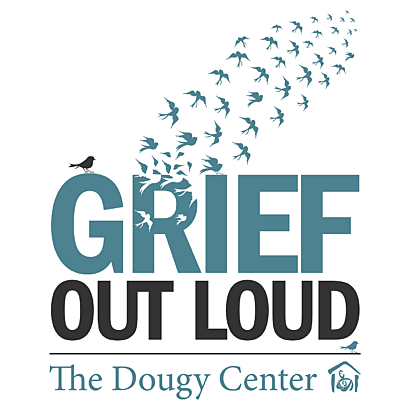Language, Suicide, And Stigma (Part 2 of 3)
May 29th, 2015 | Episode 15
Jana and Donna Schuurman discuss terms to avoid, and what to say instead, when talking about suicide. Here is a link to download our Tip Sheet on how to support children and teens who have had someone die of suicide.
Terms not to use (and why):
1. “Committed Suicide”
Committed suicide,’ with its implications of criminality, is a carryover from the Middle Ages, when civil authorities, finding the victim beyond their reach, punished the survivors by confiscating their property. Victims were forbidden traditional funerals and burials, and suicide was considered both illegal and sinful by the laws and religions of the time.
2. “Completed Suicide” or "Successful Suicide"
These terms make it seem like something to celebrate: He completed this! She was successful!
3. “Suicided”
We don't say someone "cancered" or "car accident-ed"...
4. Using "suicide" as a noun (as in "he was a suicide")
This reduces the person to the mode of their death.
Better terms:
1. Died by Suicide
The Compassionate Friends was the first to officially adopt the terms ‘died by suicide’ or ‘died of suicide. ’
2. Died of Suicide
Here's a general Rule of Thumb: If you can’t substitute the word “Cancer,” you may want to reconsider how you're using the word "suicide." He died of cancer: He died of suicide.
3. State how the person died (jumped off a bridge; took an overdose); of course, this is the personal preference of family members, something not all will choose to do)
4. “Suicide Death”
Advocated by the Canadian Association for Suicide Prevention. (Some find it repetitive in that suicide IS by definition a death. (Whereas, for example “cancer” by definition does not always mean a death.)

Support Grief Out Loud
"The best podcast out there for grievers and those interested in death and dying or working in that field. The host is so compassionate and asks the perfect questions. The guests are always very mindful and knowledgeable. I get something new out of every episode I listen to. Would highly recommend to anyone grieving as a tool towards resiliency through a really tough time."
Show your support for Grief Out Loud® and open up more conversations about grief by donating or subscribing today. Your donations keep this podcast free from advertising and your 5-star reviews help others find us.
Grief Out Loud® is supported in part by the Chester Stephan Endowment Fund in loving memory by the estate of Theodore R. Stephan.